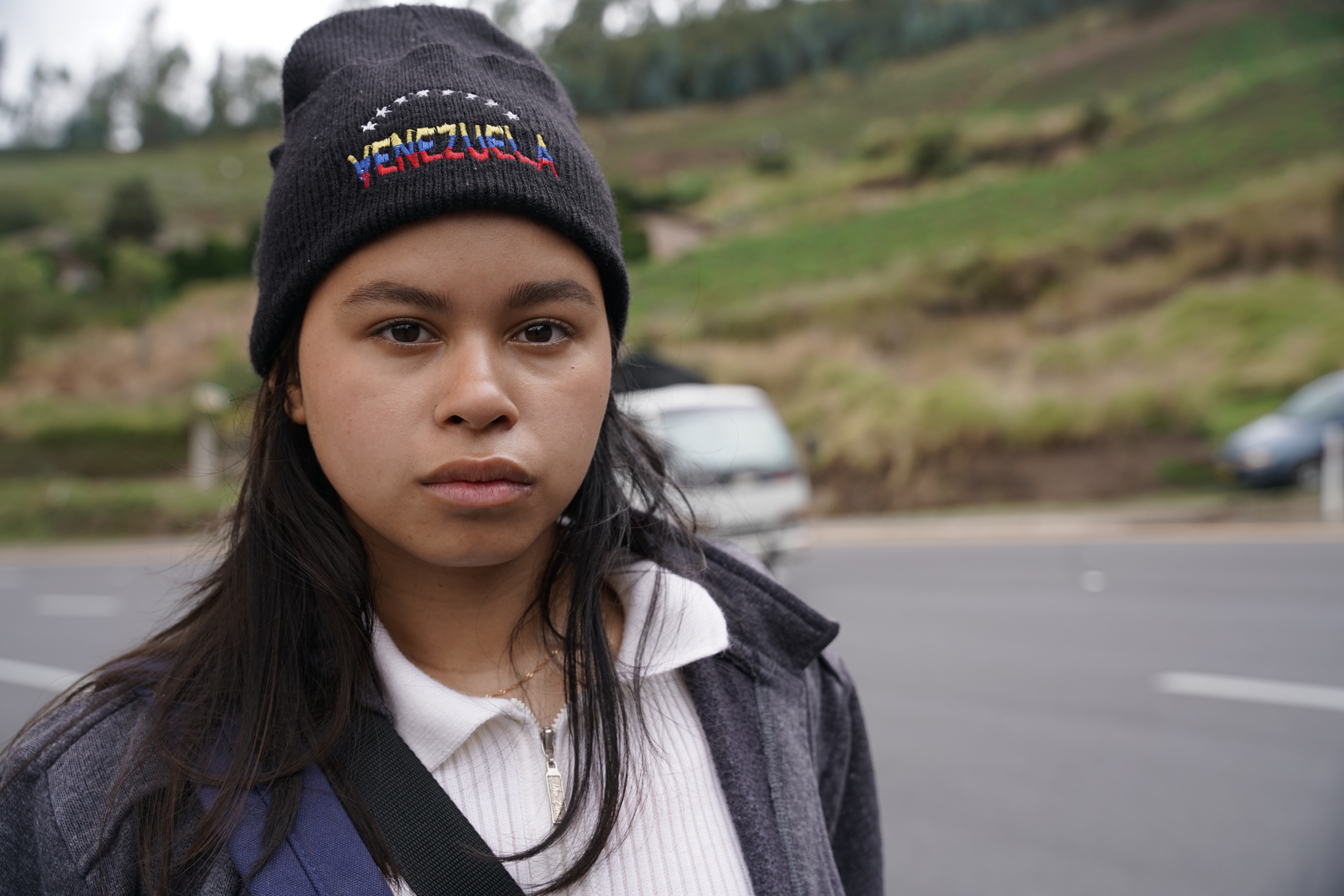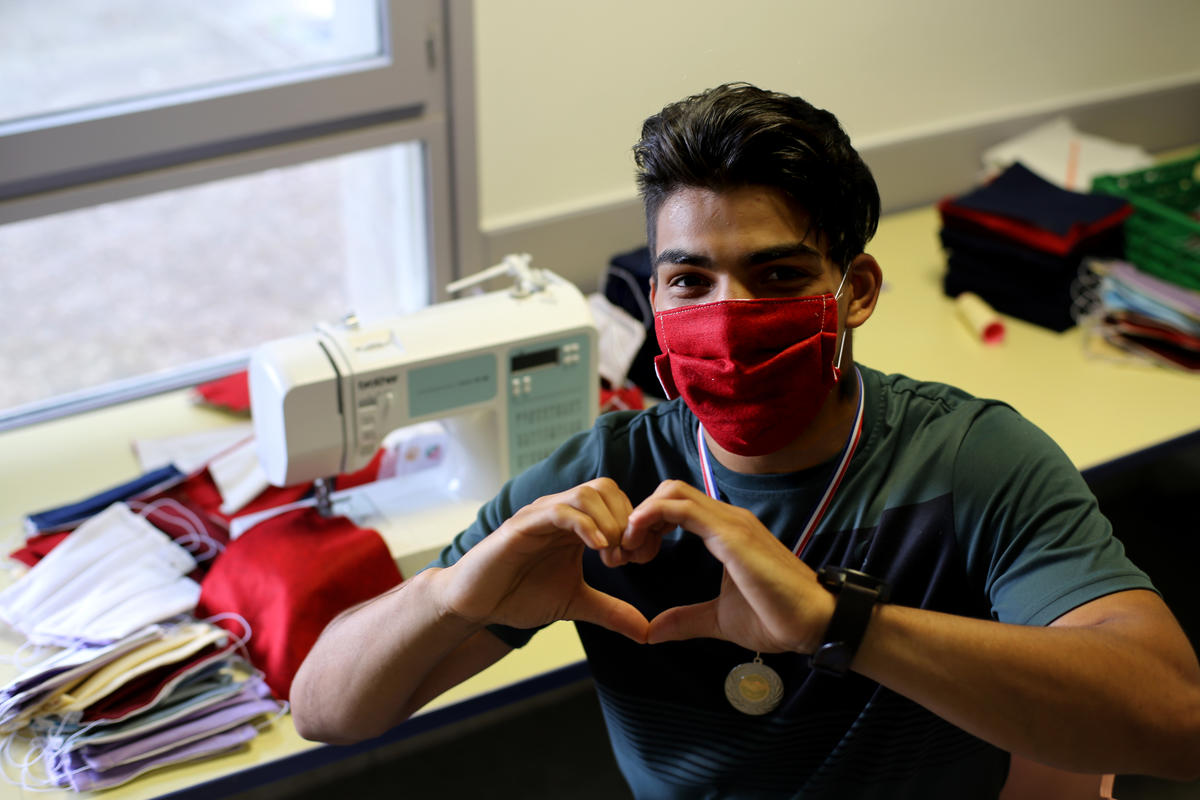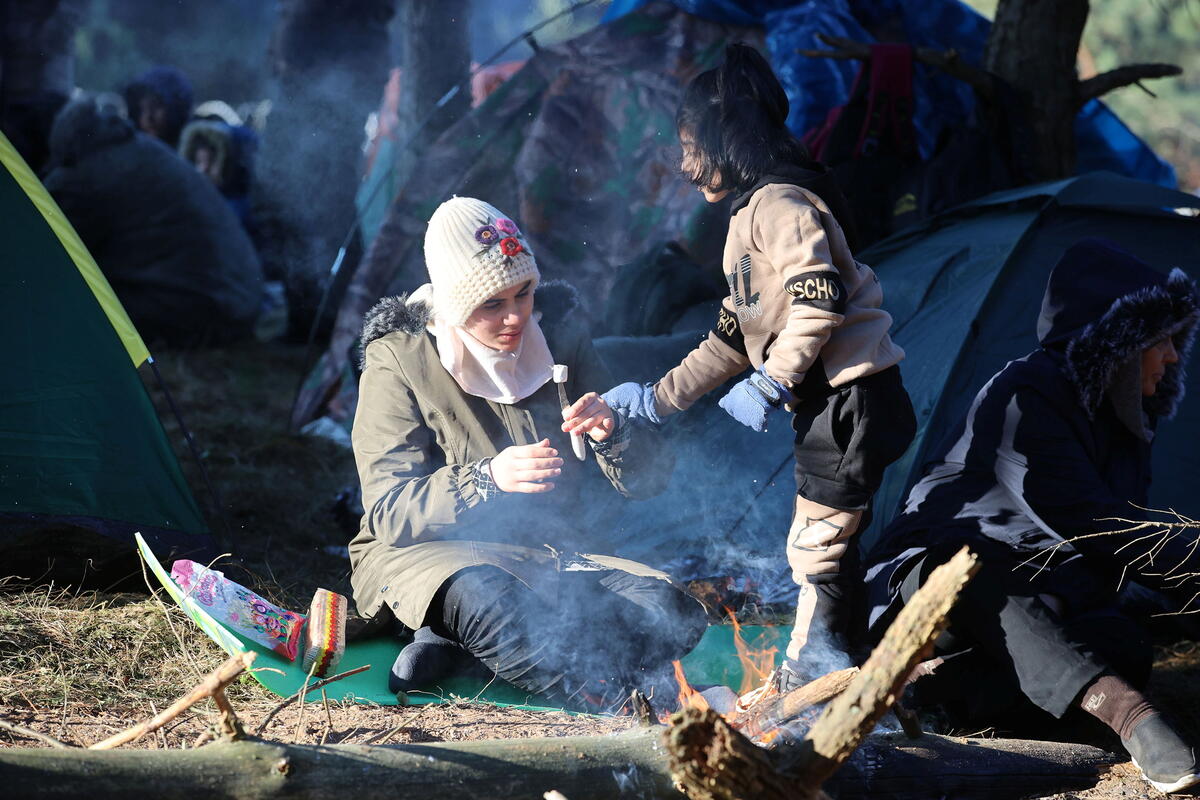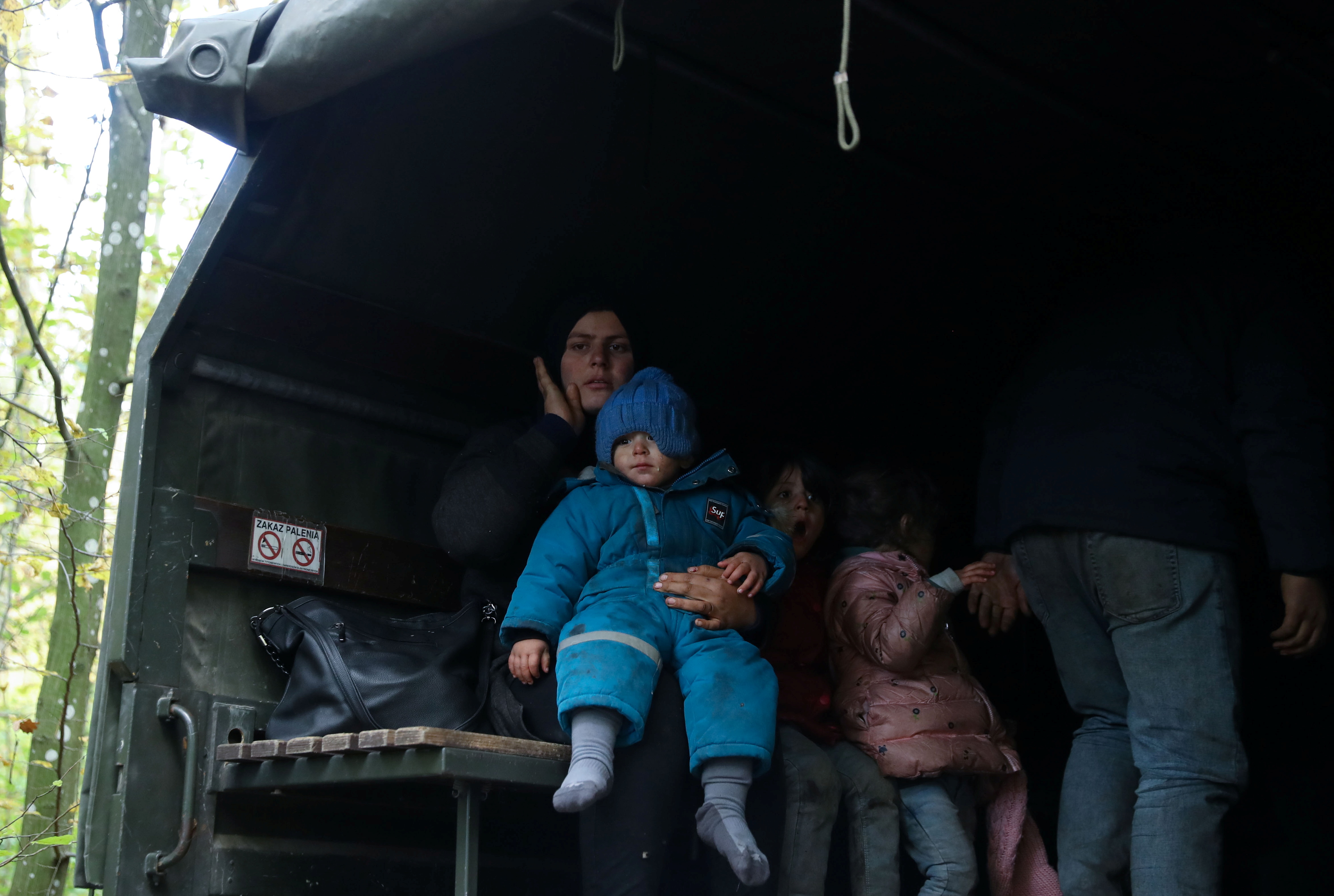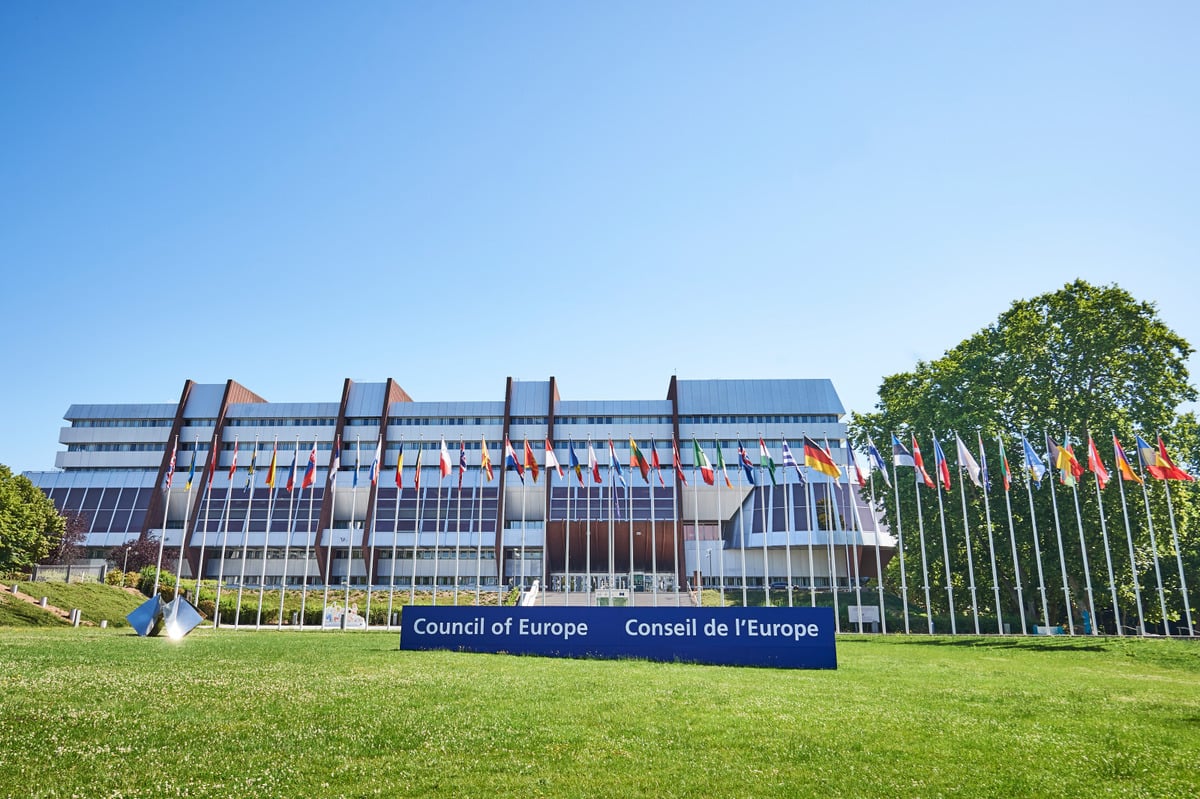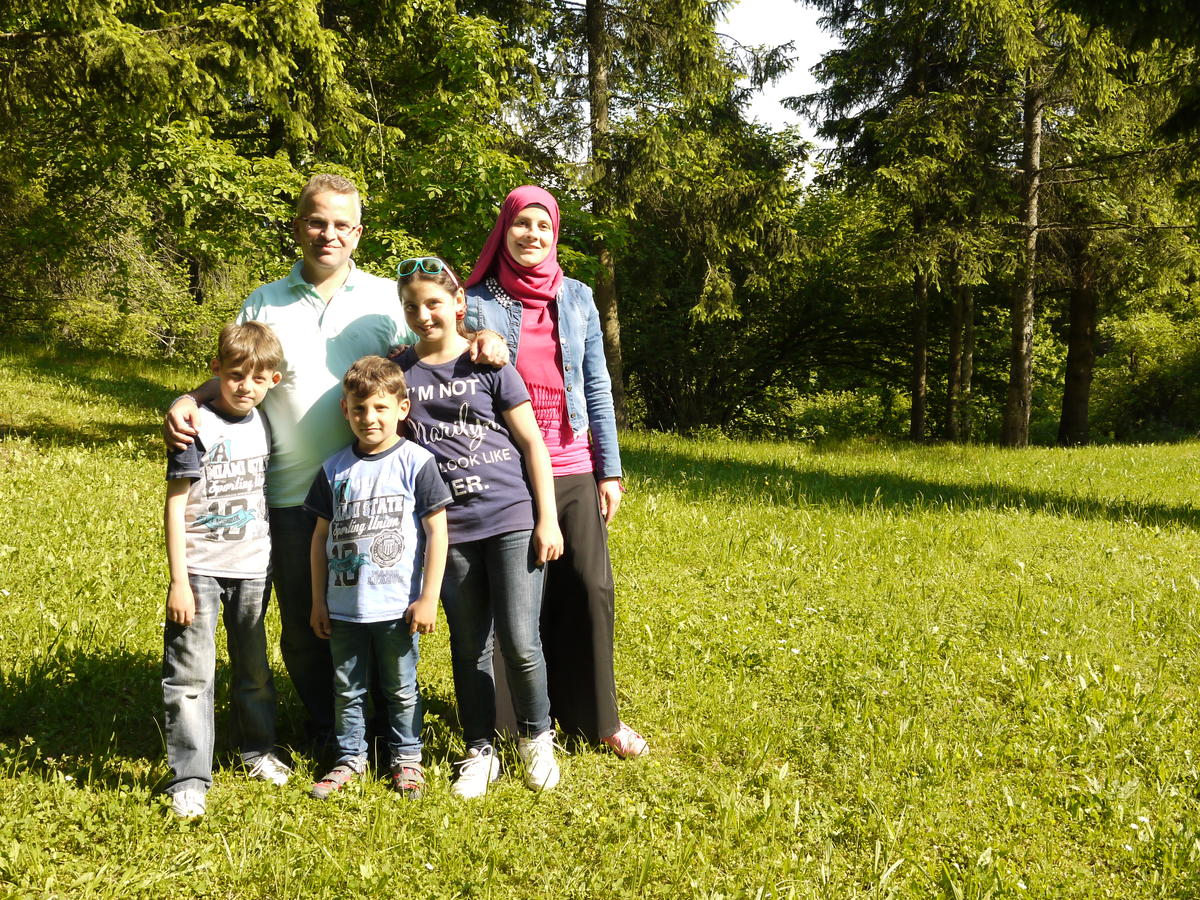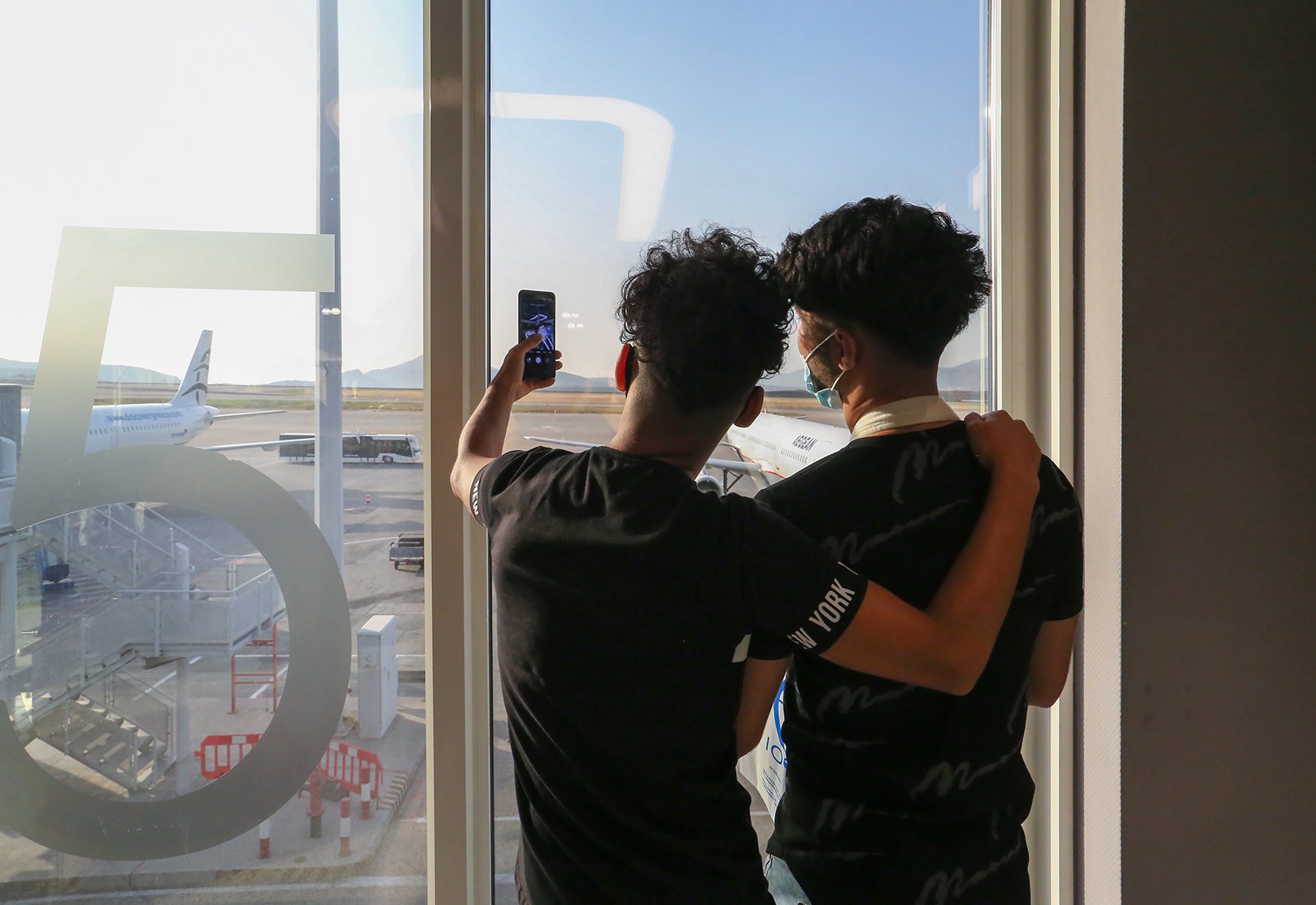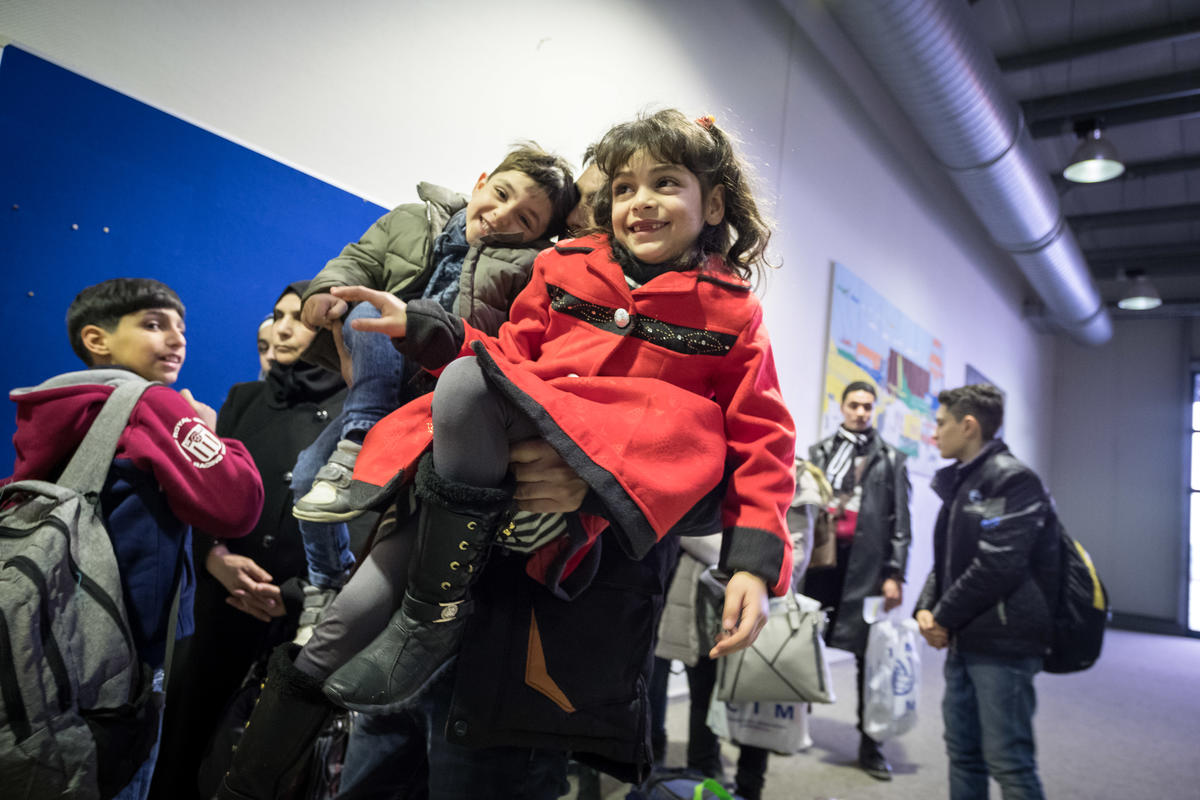UNHCR's Lubbers urges NATO, E.U. to help reverse FYROM displacement, improve security
UNHCR's Lubbers urges NATO, E.U. to help reverse FYROM displacement, improve security
Geneva - High Commissioner Ruud Lubbers has urged a greater international effort to reverse the wave of displacement caused by the conflict in the former Yugoslav Republic of Macedonia (FYROM), which had driven an estimated 120,000 people from their homes.
In letters simultaneously sent on Friday to NATO Secretary General Lord Robertson and the European Union's High Representative for Common Foreign and Security Policy, Javier Solana, Lubbers wrote that a joint international effort was needed to instil enough confidence in the displaced civilians to enable them to return to their homes.
Lubbers mentioned the need for a stronger international monitoring presence in areas affected by the conflict, the need for a more multi-ethnic police force, the reconstruction of housing and clearance of landmines and unexploded ordnance. He said UNHCR was working with the FYROM government on the issuance of citizenship and identification documents. He also said that the agency is already providing emergency shelter to those returning, and that this remains dependent on adequate security being established.
The High Commissioner stressed that the "security dilemma" must be resolved for all Macedonians. He emphasised that steps had to be taken to allow ethnic Macedonians displaced from overwhelmingly ethnic-Albanian populated areas to return to their villages in safety. While ethnic Albanians are a minority in FYROM as a whole, in many areas in the north of the country it is the ethnic Macedonians who are in the minority.
Lubbers warned that prolonged displacement of FYROM's ethnic communities could jeopardise the chance for return and reconciliation. "We believe that the longer the refugees and the displaced persons stay away from their homes, the more bitter and radicalised they are becoming and the deeper the ethnic divisions in the country are growing," he wrote.
UNHCR had repeatedly urged both sides to allow the freedom of movement of the population and ensure equal rights of Macedonia's ethnic communities in receiving humanitarian aid.

